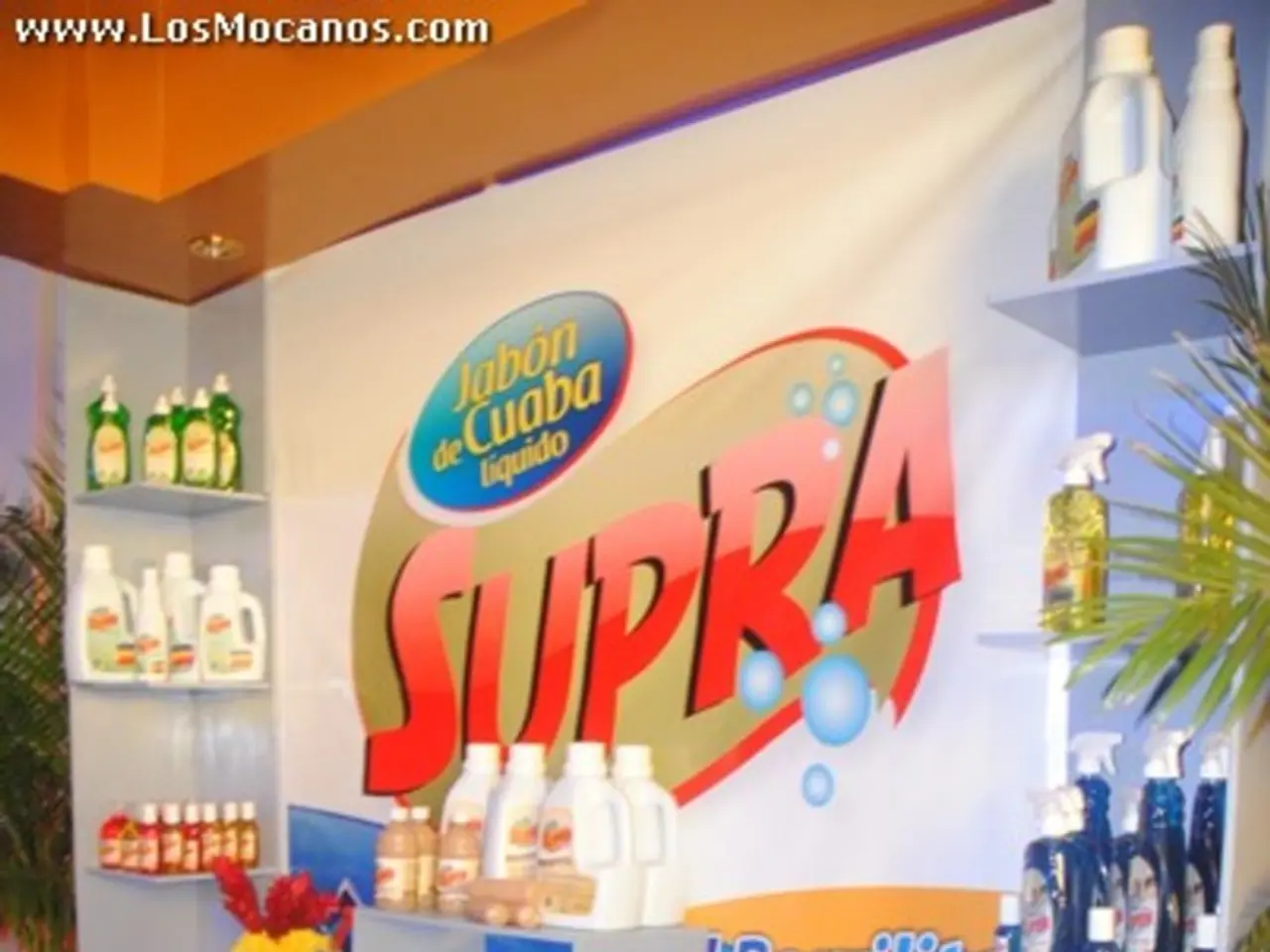South Africa's escalating rate of product recalls demonstrates a thriving consumer protection atmosphere
In the dynamic landscape of South African consumer protection, the frequency of product recalls has been on the rise. This trend reflects a robust regulatory environment shaped by stringent local regulations, transparent reporting, and vigilant media coverage.
Brands that fail to communicate clearly and act swiftly during a recall risk alienating customers and losing their trust permanently. In today's socially connected world, any perception of negligence or lack of transparency can rapidly erode consumer trust. A case in point is the major local food manufacturer that recalled approximately 20 million canned vegetable products due to a defective side seam weld on the cans, costing the company between R500 million and R650 million.
Agencies such as the National Consumer Commission (NCC), the South African Health Products Regulatory Authority (SAHPRA), and the Department of Trade, Industry and Competition (DTIC) have been more proactive in their oversight roles. The Consumer Protection Act (CPA) mandates recalls, enforceable by the NCC, unlike in the past when guidelines were slack.
Having sound quality controls, comprehensive risk management strategies, the right insurance cover, and a solid recall response plan is no longer optional but a business imperative in the current climate of frequent product recalls. Insurers are increasingly cautious about underwriting the risk of product recalls due to their growing volume and complexity. As a result, tightened terms, raised premiums, or withdrawal from certain high-risk industries are becoming common.
The cost of a product recall can range from thousands to hundreds of millions of rand. It's not just a logistical exercise; it represents a critical moment for safeguarding consumer welfare and preserving brand reputation. For instance, in March 2024, a food manufacturer recalled over 10 000 units of peanut butter due to high aflatoxin levels, and in September 2024, a retail chain recalled its porridge brand over contamination concerns, demonstrating the quick response from retailers and regulators to protect consumers.
The rise in product recalls is, in part, indicative of a more robust regulatory framework and improved enforcement mechanisms. South Africa experiences a higher frequency of product recalls compared to its peer developing markets, with underreporting and regulatory gaps allowing defective products to remain on shelves and in homes longer in many other developing nations, increasing potential risks to consumers.
In March 2025, major supermarkets pulled various cereal products because of inaccurate nutritional labelling, while in the same year, companies such as Tiger Brands (due to contaminated food products) and Nestlé (due to faulty infant formula) triggered product recalls, affecting consumer safety and causing supply chain disruptions.
The reputational harm from a poorly managed recall can be severe and, in some cases, irreversible. As such, brands must prioritise transparency, swift action, and effective communication to maintain consumer trust and preserve their reputation. In the end, the safety and well-being of consumers should always be the top priority.







